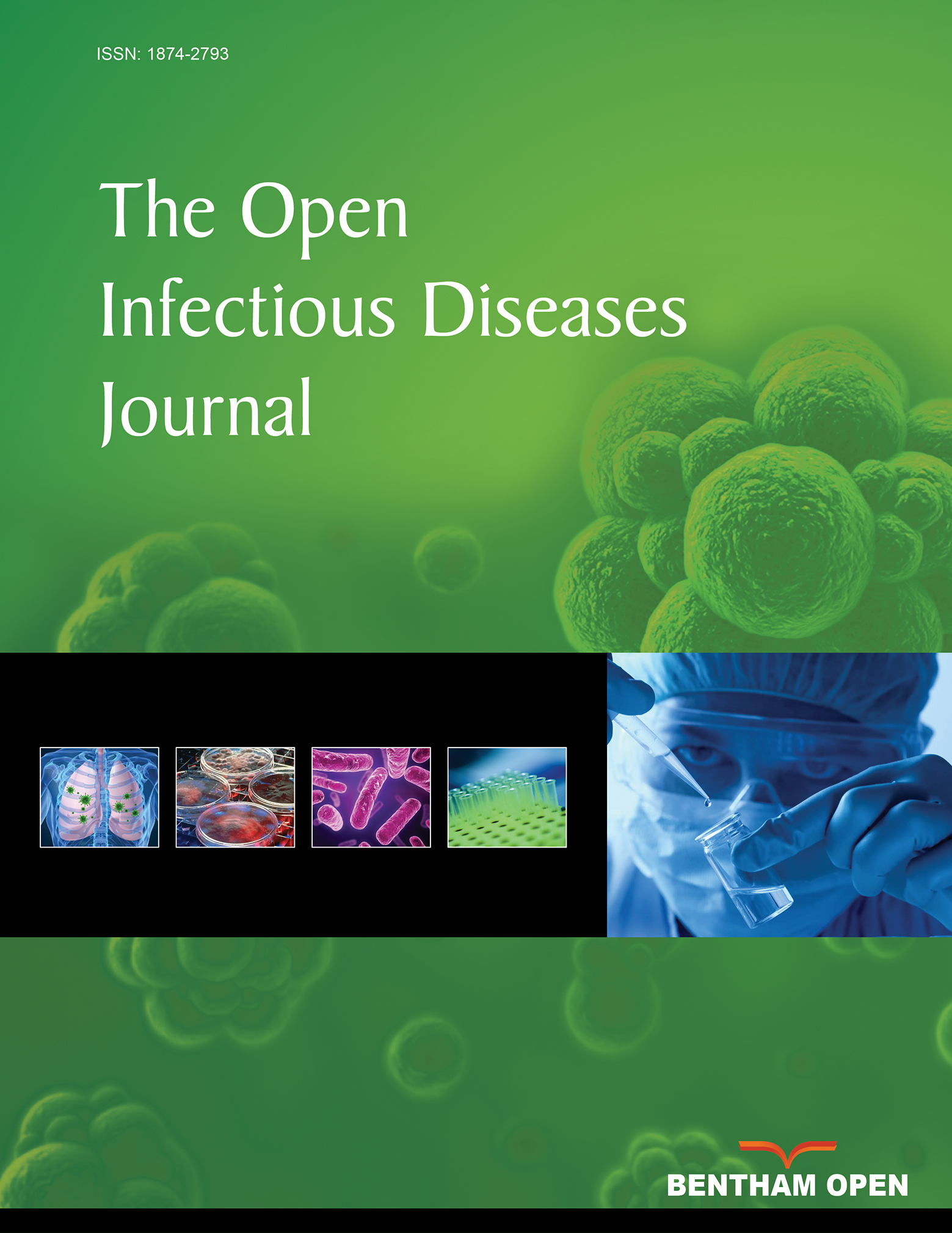All published articles of this journal are available on ScienceDirect.
Risk of Infections in Adult Patients with Haematological Malignancies
Abstract
Patients with haematological malignancies are at increased risk of infections not only because of the malignancy itself but also because of neutropenia induced by intensive chemotherapeutic treatment, and the cytotoxic effect on the cells that line the alimentary tract. In haematological malignancy patients with a compromised inflammatory response, the classic signs and symptoms of infection may be masked. The results of blood cultures therefore play an important diagnostic role. Bacteraemia is a relatively common serious complication occurring in around 15% of patients with haematological malignancies within the first years after diagnosis but the risk varies between different types of haematological malignancies. Other risk factors for bacteraemia are presence of mucositis, neutropenia, and use of central venous catheters. Invasive fungal diseases are also serious infectious complications in this population. Viral infections are particularty often in patients that have received a bone marrow transplant. Future work in this field could focus on potential modifiable risk factors and on how time since haematological diagnosis may influence risk of infection.


